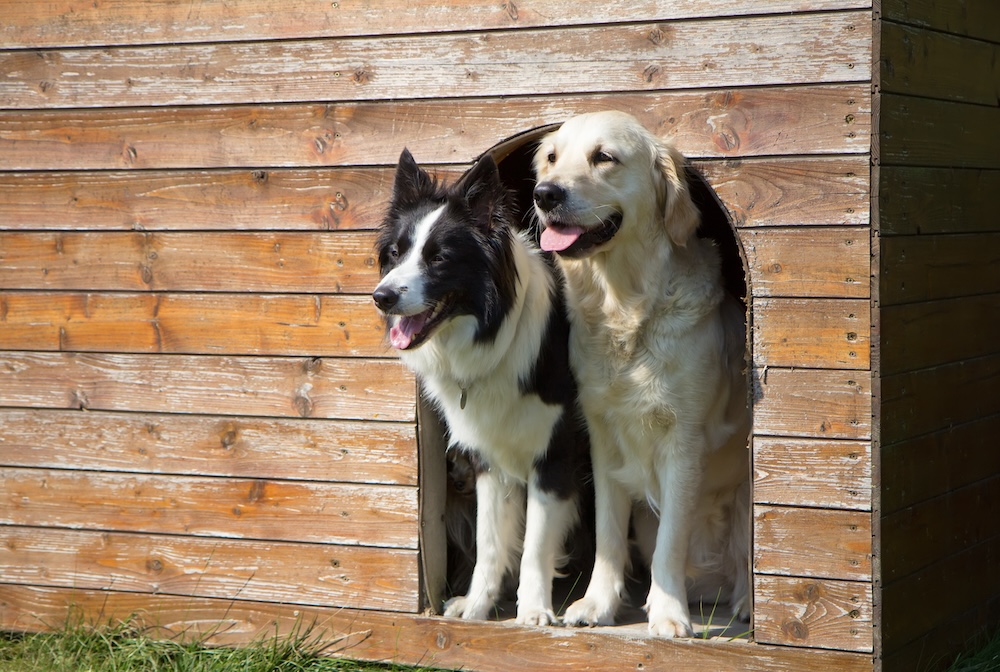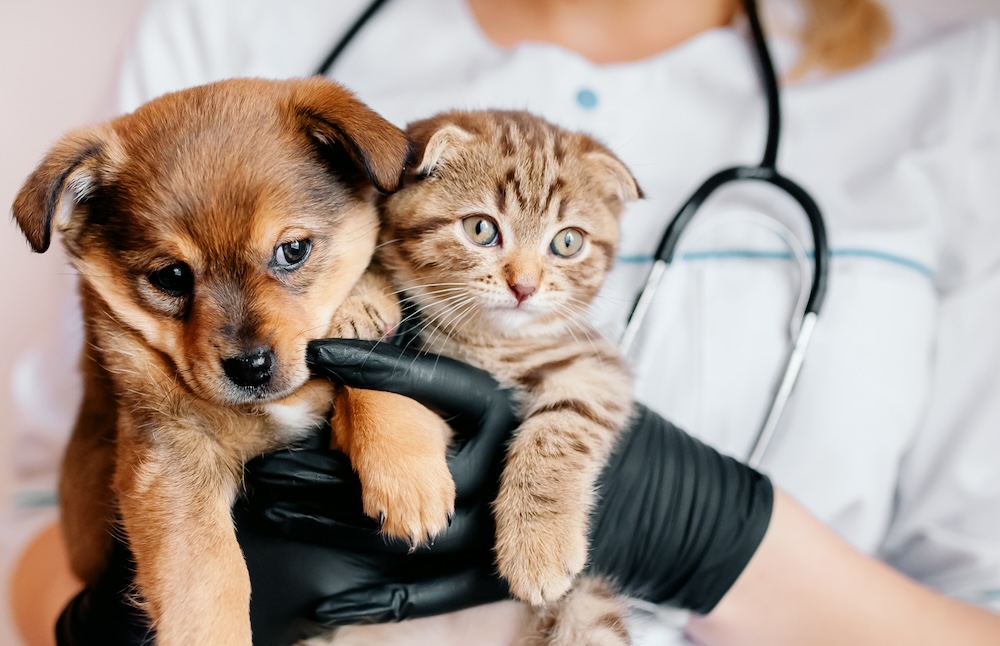Kennel cough in dogs is a highly contagious respiratory condition that can affect dogs of all ages, breeds, and sizes. Often likened to the human cold, it spreads rapidly in environments where dogs are in close contact, such as boarding facilities, dog parks, and grooming salons. Recognizing the symptoms, understanding how it spreads, and knowing how to prevent and treat kennel cough in dogs is essential for protecting your pet’s health and well-being.
How Kennel Cough Spreads
Kennel cough in dogs is primarily caused by the bacterium Bordetella bronchiseptica and is often accompanied by viral infections, such as canine parainfluenza or adenovirus. The condition spreads through airborne droplets when an infected dog coughs or sneezes, as well as through shared surfaces like water bowls, toys, or bedding. Dogs in social settings are at higher risk due to the close proximity to other animals, making environments like kennels or doggy daycare common hotspots for transmission.
It’s important to note that while kennel cough is highly contagious, it is not typically life-threatening for healthy adult dogs. However, puppies, senior dogs, and those with weakened immune systems are more vulnerable to complications, making prevention and early detection especially crucial.
Symptoms of Kennel Cough in Dogs
The most recognizable symptom of kennel cough in dogs is a persistent, dry, hacking cough that often sounds like a honking noise. This symptom is usually accompanied by retching or gagging, as if the dog is trying to clear their throat. Other signs include nasal discharge, sneezing, lethargy, and a reduced appetite. In mild cases, dogs may continue to act normally aside from the cough, while severe cases can result in fever, difficulty breathing, or more serious complications like pneumonia.
Symptoms typically appear within three to ten days of exposure and can last for several weeks. If your dog exhibits any signs of kennel cough, it’s essential to keep them away from other dogs and contact your veterinarian for an evaluation. Early diagnosis can prevent the condition from worsening and reduce the risk of spreading it to other animals.
Preventing Kennel Cough in Dogs
Preventing kennel cough in dogs begins with minimizing exposure to infected animals and high-risk environments. Vaccination is one of the most effective measures for reducing the risk of infection. The Bordetella vaccine, often combined with protection against parainfluenza and adenovirus, is commonly recommended for dogs who frequent boarding facilities, dog parks, or grooming salons.
While vaccination significantly lowers the risk of contracting kennel cough, it is not a guarantee of complete immunity. Maintaining good hygiene, such as cleaning shared surfaces and ensuring your dog has their own water bowl and toys in social settings, can further reduce the chances of infection. If your dog will be boarding, choosing facilities that require vaccinations and follow strict cleaning protocols can provide additional peace of mind.
Treatment Options for Kennel Cough
Treatment for kennel cough in dogs depends on the severity of the condition. Mild cases often resolve on their own with rest and supportive care, such as keeping your dog in a warm, stress-free environment. Ensure your dog stays hydrated and avoid exposing them to irritants like smoke or strong odors that could worsen their cough.
For more severe cases or dogs with underlying health issues, your veterinarian may prescribe antibiotics to target bacterial infections or cough suppressants to alleviate symptoms. In rare cases where complications arise, additional treatments may be necessary to address pneumonia or other secondary conditions. Regular check-ins with your veterinarian can help monitor your dog’s recovery and ensure their condition improves.
When to See Your Veterinarian
While mild cases of kennel cough in dogs can be managed at home, it’s important to know when to seek professional care. If your dog’s cough persists for more than a week, becomes more frequent or severe, or is accompanied by fever, lethargy, or difficulty breathing, schedule an appointment with your veterinarian immediately. Early intervention can prevent complications and ensure your dog receives the appropriate care to recover fully.
Keeping Your Dog Healthy and Happy
Understanding kennel cough in dogs is essential for keeping your furry friend healthy, especially if they frequently interact with other dogs. By recognizing the symptoms, taking preventive measures like vaccination, and seeking timely treatment when needed, you can protect your dog and reduce the risk of spreading this common respiratory condition.
At Faithful Friends Veterinary Clinic, we’re here to provide expert advice and care to ensure your dog stays happy and healthy. If you have concerns about kennel cough or need to schedule a vaccination, contact our team today for personalized guidance and support.




